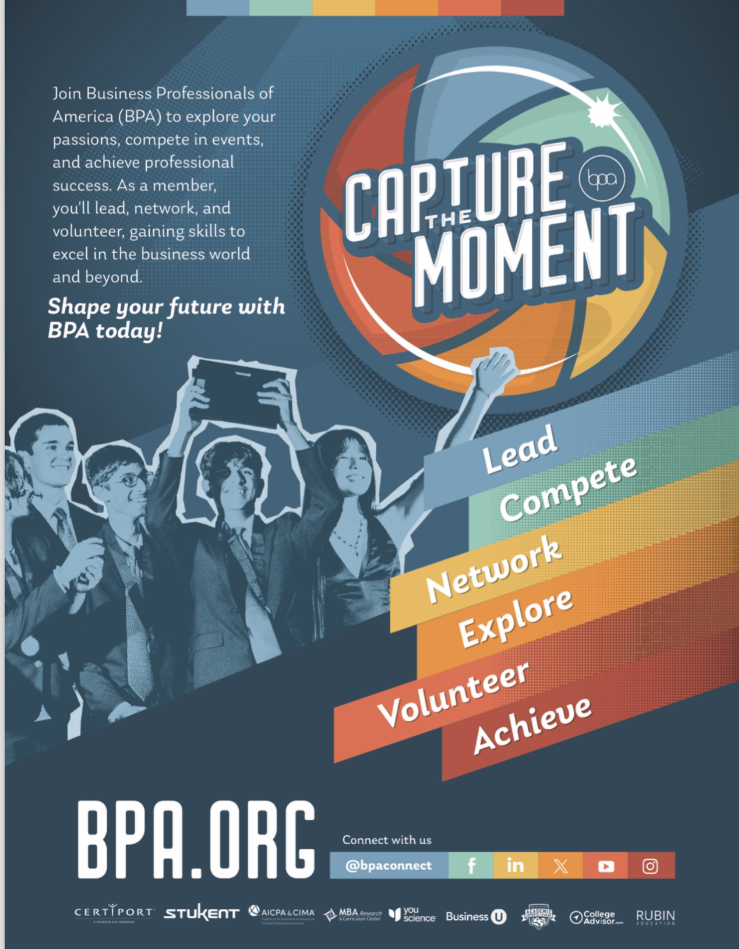In recent years, educators, parents and students have expressed enthusiasm and worry about incorporating artificial intelligence (AI) in schools. As technology continues to transform the educational environment, the impact of AI grows. This article will delve into the multiple features of AI in education, gaining insights from a variety of angles.
One significant benefit of AI in education is its involvement in individualized learning. Adaptive learning platforms driven by AI algorithms have effectively identified students’ strengths and limitations. This analytical power enables lesson plans to be customized to individual needs, resulting in a more personalized educational experience that supports different learning speeds and styles.
Kelle Muse, a graphic design teacher, expresses optimism about AI, seeing it as a positive tool for students. She believes AI can “provide students with ideas or aid them in design and artwork,” enhancing their creative endeavors.
Furthermore, the emergence of AI-powered grading systems has heralded a new age of evaluation processes in educational contexts. These complex tools, powered by modern AI algorithms, go beyond standard grading techniques to give a comprehensive approach to evaluating student achievement.
According to multiple sources like Stanford, Harvard and Fobes Advisor one of the most significant benefits of AI-powered grading systems is the ability to offer students immediate feedback. Unlike traditional grading techniques, which can result in substantial delays in transmitting assessment findings, AI allows for real-time feedback, which not only enhances students’ learning experiences but also allows them to identify areas for improvement as quickly as feasible.
AI accelerates the feedback loop and contributes to a more dynamic and responsive learning environment. Teachers have more significant time and flexibility to participate in targeted interventions when the grading process is automated. This change from regular grading to individualized help and advice is crucial for satisfying students’ needs.
The dynamic nature of AI-based grading systems enables educators to conduct more sophisticated assessments. These systems may examine not just the result but the whole learning process, highlighting particular strengths and shortcomings along the way. This complete evaluation provides a more in-depth knowledge of student achievement, opening the path for tailored educational tactics.
However, the expanding use of AI in schools has sparked legitimate worries about privacy and data security. The collecting and analyzing of substantial student data for individualized learning raises concerns about how this information is handled, shared, and protected. Finding the correct balance between using AI’s promise and protecting students’ privacy becomes critical according to Education Next and Fobes
Loyd Rundell, an English 3 teacher, has voiced his concern about AI in education.
“I think AI has a negative impact on the student, giving them a way to claim work as their own,” Rundell said.
This highlights the need for stringent measures to ensure the ethical use of AI technologies in educational settings.
Another disadvantage is the possible escalation of educational inequality. Schools with more resources can better deploy cutting-edge AI technology, resulting in a digital gap. As AI plays a larger role in education, addressing the issue of equal access becomes critical to preventing the increasing stratification of educational possibilities.
AI provides excellent prospects to improve the educational experience through individualized learning and faster assessment procedures. It also raises concerns about privacy, data security, and equal access. Navigating the integration of AI in schools necessitates a cautious and transparent approach to maximizing its advantages while minimizing possible hazards. As educators, policymakers, and stakeholders work with AI in education, a commitment to ethical standards and fair access will be critical in crafting a future in which technology enhances, rather than detracts from, the learning experience.
AI in education offers opportunities and challenges
Matthew Medina, Staff Writer
January 25, 2024
Categories:
1
More to Discover
About the Contributor

Matthew Medina, Business Manager
Hello, I’m Matthew Medina, in the class of 2025. This is my Second year as an active staff member of the Patriot’s Voice, and also my fourth year in graphic design. My passions encompass music, video games, skateboarding and all art forms. Looking ahead, my post-high school aspirations include establishing my own clothing line, pursuing a career in film editing or graphic design.




















